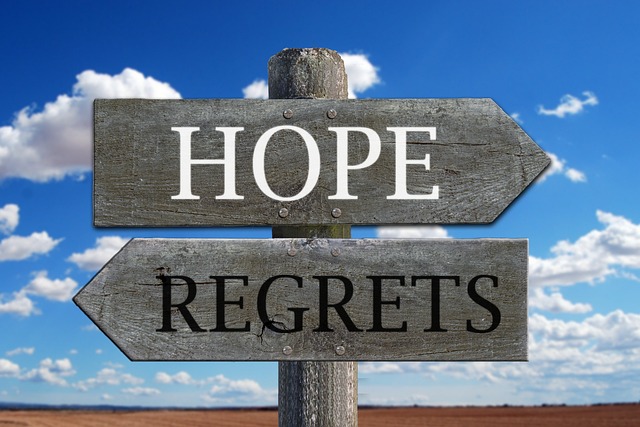Read the article and decide if the sentences below are True or False:
1. Some people disregard their past failures and focus instead on how they could have done things differently.
2. The author of The Power of Regret considers fixating on regrets an enjoyable task.
3. Pink and his team have called over 15,000 people to ask about their biggest failures.
4. Pink carefully looked through the lists of regrets trying to find some regularity.
5. It’s not only experts who have deduced that one should worry less about what’s expected of him/her.
6. What frustrated Pink was the fact that people are often too pigheaded to take more initiative in their relationships.
7. The results of the 13 experiments carried out, showed that those who were contacted found the initiative unwelcoming.
8. The University of Pittsburgh researchers found that unless contact is thorough, it won’t repair a relationship.
Key: 1F;2F; 3F; 4T; 5T; 6T; 7F; 8F
Glossary
- to collate – to compare critically
- to gauge – to measure or calculate something, often by using a device of some kind
- strained – if a relationship is strained, problems are spoiling it
- atrophying – becoming weaker
- to patch up – to deal with (a problem, disagreement, etc.) in order to improve or repair a relationship
- simmering – controlled but may burst out at any time, often violently
Practice makes perfect
WORD FORMATION: Change the word in CAPITALS to fill in the blanks.
I’m a pretty 1. ………. [COMPETE] person. When I run a race (and I run a lot of races), I really do try my hardest, even though I often risk 2. …….. [INJURE]. I’ll get to the race 3. ………… [DETERMINE] to do better. I’ll work my hardest. But often, race conditions (especially crowding or lack of water), the race course, or my own lack of 4. ……… [TRAIN] will get in the way. And I’ll come in 30 seconds, or even less, later than I wanted to. So close, but yet so far.
Near misses like these really bother me. I grump around for days. I start training again far sooner than I should, because I need to do better next time. I’m determined not to 5. ……… [HUMILIATION] myself again. It’s silly, the only person I’m really racing is me, but I want that “win” very badly all the same. And often, I really do wish I could just let it go, just run for the love of running.
So it always astonishes me when I talk to some older runners. Many people keep running now just fine, well into their 70s, and some of them even still race. But they do it so…casually. They don’t train with that hard-eyed 6. ………. [INTENSE] anymore. They don’t seem to mind if the race goes a little badly. They run a race, it feels pretty good to run, and they shrug it off. They certainly don’t grouse the way I, and other runners my age, often do after races.
Why do the races not bother them anymore? I thought maybe it was just long time 7. ……… [EXPOSE] to racing and running. After all, if you’re still running after 5 decades or more, you really do love to run. But if you keep the love of running, why does the 8. ……….. [DISAPPOINTED] at your performance fade? Why do they seem to regret the 9. “…….” [LOSE] less? Some of them have told me that I won’t mind it either, when I’m older. But right now, it’s hard to feel like I’ll ever be able to shrug it off. Could I really end up with fewer running regrets?
You can check your answers here:
Key: 1. competitive; 2. injury; 3. determined; 4. training; 5. humiliate; 6. intensity; 7. exposure; 8. disappointment; 9. losses
Discuss:
- Do you have any regrets?
- Have you ever caused an accident? What happened?
- If you could relive any part of your life, which one would it be? What would you change?
- How would your life be different?
Explore more to create your own teaching-learning experience!
Don’t regret regret
We’re taught to try to live life without regret. But why? Using her own tattoo as an example, Kathryn Schulz makes a powerful and moving case for embracing our regrets.
Watch:
(2178)





